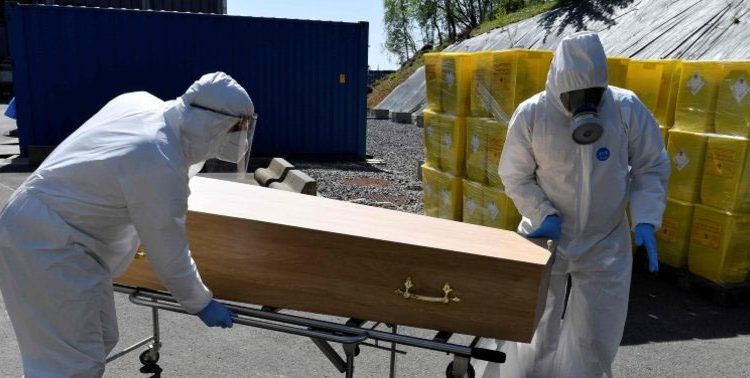The Central Region has recorded a total of 80 COVID-19 deaths since April last year.
Out of the 17,923 cumulative suspected cases identified across the region, 17,368 results samples that were sent to the laboratories, 2,184 were positive with 445 results pending.
As of Wednesday, January 20, 2021, the number of active cases stood at 42, with 35 mild cases, three critical or severe on admission, and four moderate cases.
A source with the Regional Health Directorate of the Ghana Health Service disclosed this to the Ghana News Agency and warned of dire consequences if the public continued to show utmost disregard to the protocols.
The source said the increase in the number of case counts, which had given cause for anxiety among Ghanaians was also an indication that the virus had spread and continued to do so.
“I urge all to adhere to enhanced personal hygiene and physical distancing protocols, washing of hands with soap under running water, refrain from shaking hands or hugging and wear their nose masks.
“The citizenry must pay attention to their health and seek immediate medical attention at the nearest health facility when they begin to experience symptoms such as fever, persistent cough, bodily pains, loss of taste and smell and difficulty in breathing”, the source added.
On the misconceptions about the pandemic, the source said effective risk communication and adherence to the protocols were essential elements to managing such pandemics and rallied collective support.
“When the public is at risk of a real or potential health threat, treatment options may be limited, direct interventions may take time to be organized and resources may be few.
The source expressed concern about the stigma associated with the disease, saying stories of persons who had recovered from the disease being shunned by their own relatives and communities were a source of considerable worry to the Service, adding: “They undermine our efforts to fight it. There is nothing shameful about testing positive.”
The source expressed the GHS’s determination to scale-up risk education efforts, improve stakeholders’ engagement to address compliance issues, advocacy, and lobby for funding for the regional taskforce for schools’ reopening to enable the taskforce mount effect surveillance to promote and safeguard public health.
GNA


